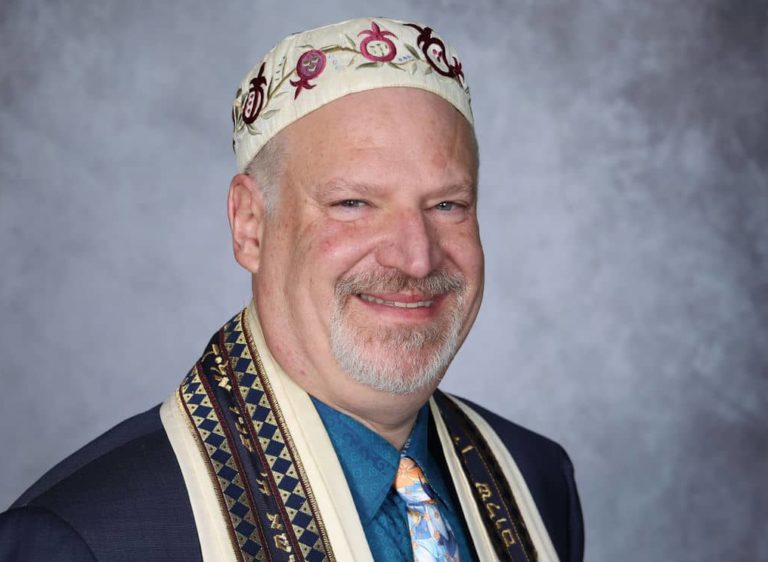Dear Editor and Voters in the 149th District,
Rachel Khanna is running for re-election on a platform of fiscal responsibility and keeping down costs. Unfortunately, her voting record in the legislature during this, her first term in office, demonstrates nothing of the sort. Time after time and vote after vote, she has chosen to echo the voices of the profligate-spending, extremely progressive Democrats in her caucus, rather than represent most voters in the 149th District.
In 2017, when the State Senate was divided evenly between Democrats and Republicans, the legislature voted to adopt “fiscal guardrails” to end the excessive spending that had damaged the state’s credit rating and its credibility with capital markets, businesses and voters.
In February 2023, the Connecticut Legislature re-enacted those guardrails for an additional 10 years. These guardrails were responsible for the modest income tax cuts the legislature was able to enact earlier this year. A mere 5 weeks later, in March of 2023, Ms. Khanna. as a member of the Appropriations Committee voted to hold a Public Hearing on whether certain “distressed municipalities” should be carved out of the fiscal guardrails.
Excluding those municipalities from the fiscal guardrails would have circumvented the guardrails entirely and resulted in hundreds of millions of dollars of expenditures outside the constitutional state spending cap (SB00787).
Then, in May of 2024, Ms. Khanna voted to approve the “Stabilization Bill.” Rather than go through the disciplined process of prioritizing the needs of the state’s citizens to arrive at a true balanced budget, the bill allocated approximately $370 million of remaining ARPA funds to a variety of items, including funding for ongoing state operating expenses.
The many shortfalls in CT’s current budget, particularly in the area of higher education, were simply plugged by these one-time federal tax dollars, leaving a budgetary “cliff” that will create very difficult choices for next year. Last February, Governor Lamont expressed significant concerns about lawmakers’ failure to address these issues. These concerns are now coming home to roost.
What would true fiscal discipline have looked like? It would have meant voting “no” for the “Stabilization Bill” and instead putting pen to paper, cutting expenses and balancing the budget, just like her constituents do day in and dayout. Somehow when it’s the taxpayers who will be left footing the bill, promises of someone else’s money in the future (read: tax increases to finance more spending) come easier than discipline and fiduciary responsibility. But who can blame her? It’s Fairfield County after all, and “they” can afford it.
What would have been a better use of the ARPA Funds? How about paying off Connecticut electric utilities’ $200 million arrearage from the COVID payment moratoriums? That sort of pandemic-related revenue replacement is the US Treasury Department’s specifically directed use of ARPA funds, not covering operating costs at Connecticut State Colleges and Universities where enrollment is down 22% over the past 5 years.
While Ms. Khanna claims she supports good fiscal policy, her two-year voting record does not match her campaign promises and puts Connecticut on a path towards another Malloy-era fiscal crisis. The Connecticut Mirror reports that Connecticut faces a $1 billion budget gap in fiscal 2025, that will have to be covered either by raising taxes (largely on Greenwich residents) or by raiding monies meant to paydown Connecticut’s still-elephantine pension liability (the 4th worst funded pension liability among all 50 states).
Governor Lamont has fiscally moderate impulses, but he needs some help—especially from his home district! Ms. Khanna has repeatedly broken her promises of fiscal discipline: in 2023 by advancing the reckless concept of carving out “distressed municipalities” from the fiscal guardrails, and in 2024 by failing to engage in the hard choices that would have led to a truly balanced budget, and instead voting with her party again.
Tina Courpas will be a State Representative who will keep her promises to her constituents of enforcing fiscal discipline at the state level so that the Democratic majority in Hartford will have no need to seek additional funds through means they have proposed in the past, such as a statewide property tax; a 5% surtax on capital gains, dividend and interest income; dramatically higher income tax rates on top earners (from 7% to 10%); and/or extending and increasing the tax rate on our beleaguered corporate sector. All of these avenues for “revenue” have been proposed in multiple bills, would only serve to further depress our state’s economy, limit upward mobility for working families and further encourage emigration to jurisdictions where taxpayer resources have a more responsible steward.
Sincerely, Sage Withrow




